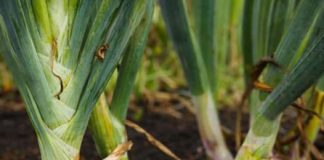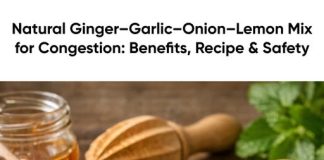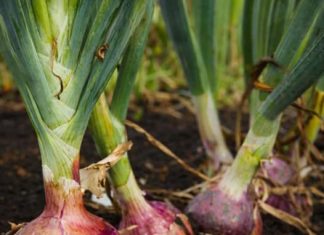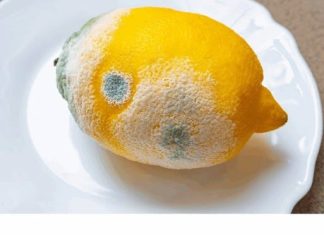Snakes, as integral components of ecosystems worldwide, often evoke apprehension when they encroach upon human habitats. While they play a crucial role in controlling pest populations, the desire to maintain a safe distance from these reptiles has led to the exploration of various deterrent methods. Among these, the use of certain plants and natural substances has gained popularity due to their purported efficacy in repelling snakes.
Natural Plant-Based Snake Repellents
Several plants are believed to deter snakes through their strong scents or physical characteristics. Notable examples include:

- Marigolds (Tagetes spp.): Renowned for their vibrant blooms, marigolds emit a pungent odor that is thought to repel snakes. Their deep, aggressive root systems may also disturb snake burrows, making the environment less inviting.
- Lemongrass (Cymbopogon citratus): This tall, perennial grass exudes a citrus scent that is unappealing to snakes. Planting lemongrass around the perimeter of a property may serve as a natural barrier.
- Mother-in-Law’s Tongue (Sansevieria trifasciata): Also known as the snake plant, its sharp, upright leaves and ability to improve air quality make it a popular indoor plant. Some believe its presence can deter snakes, although scientific evidence is limited.
Aromatic Substances as Snake Deterrents
Beyond plants, certain aromatic substances have been identified as potential snake repellents:
- Essential Oils: Research indicates that cinnamon oil, clove oil, and eugenol can effectively repel snakes. When sprayed directly, these oils have been observed to cause snakes to retreat. Additionally, introducing these scents into confined spaces may encourage snakes to vacate the area.
- Garlic and Onions: Both contain sulfonic acid, which emits a strong odor believed to be repellent to snakes. Chopping these bulbs and mixing them with rock salt, then sprinkling the mixture around the yard, is a traditional method employed in some regions.
Commercial Snake Repellent Products
For those seeking ready-made solutions, various commercial products are available:
- Dr. T’s Snake-A-Way: Touted as the only EPA-registered snake repellent, this product is designed to deter both venomous and non-venomous snakes through its unique formula.
- Natural Repellent Balls: Products containing plant essential oils, such as peppermint, claim to emit odors that are uncomfortable for snakes, thereby driving them away. These are often marketed as safe for humans, pets, and plants.

Considerations and Effectiveness
While these methods are popular, their effectiveness can vary based on factors such as snake species, environmental conditions, and application techniques. It’s essential to approach snake control holistically:
- Habitat Modification: Reducing tall grass, removing debris, and sealing gaps in structures can make areas less attractive to snakes.
- Professional Consultation: For persistent snake problems or when dealing with venomous species, consulting with wildlife control professionals is advisable.
In conclusion, while various plants and substances are reputed to repel snakes, their efficacy is not universally guaranteed. Combining these methods with environmental management and seeking expert advice when necessary can enhance safety and peace of mind in snake-prone areas.

















